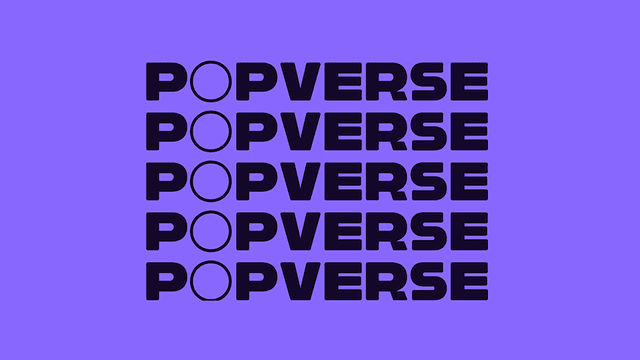If you click on a link and make a purchase we may receive a small commission. Read our editorial policy.
There's a meta Rashomon effect between the Star Wars prequel the Acolyte and the Star Wars sequel the Last Jedi
The Star Wars prequel The Acolyte is inspired by the same classic film as The Last Jedi

Popverse's top stories of the day
- Marvel's Kevin Feige talked to John Boyega about who he'd play in the MCU, but "there ain't no room for me," says the Star Wars star
- MEMBERS ONLY: Watch the Lord of the Rings movie reunion panel with Elijah Wood, Sean Astin, Dominic Monaghan, Billy Boyd, John Rhys-Davies, and Andy Serkis from Chicago's C2E2 2025
- Sorry, webheads: Tom Hardy says we weren't as close to that Spidey/Venom movie as was reported
Star Wars is steeped in the filmography and culture of Japan, going from George Lucas' earliest ideas for Star Wars in the mid '70s to now here in 2024. In fact, the next Star Wars project - a Disney+ TV series called The Acolyte, borrows liberally from one particular Akira Kurosawa film... which the showrunner says may be a surprise to Star Wars fans, but it shouldn't be.
“One thing to know about [The Acolyte] is that we’ve been talking about it as a mystery-thriller. It is a serialized story, so each episode gives you more information about the story,” show creator Leslye Headland tells The Hollywood Reporter. "We were obviously influenced by samurai films and wuxia films, but also films like Rashomon, where you see one story and then you see it done a different way. So, what separates [Star Wars: The Acolyte] from some of the other Star Wars series is that it’s told in that particular way.”
But the separation isn't that separate. Rian Johnson, writer and director of Star Wars: The Last Jedi also namechecked Rashomon in how it was depicted that Kylo Ren's tenure at Luke Skywalker's jedi school ended - from Kylo's perspective, and from Luke's.
"It's similar to Rashomon, but the actual story motivation was that I wanted some harder kick to Rey's turn," Johnson says in the Art of the Last Jedi. "Ultimately, the only one who lies is Luke, in the very first flashback, where he omits the fact that he had a lightsaber in his hand. Kylo is basically telling the truth about his perception of the moment."
What they're both referencing is a storytelling format that has been dubbed the Rashomon effect. It's a storyline where one character gives their perspective on a series of past events which readers/viewers take as factual, only for another point-of-view on those same events are later revealed by another character. The viewpoints are at the least contradictory, but at the most can be explosive in terms of revealing which is true - if either of them, or perhaps some mixture of both.
The name comes Kurosawa’s famous 1950 movie Rashomon, in which the murder of a samurai is described by four different witnesses, with each one’s testimony contradicting the others’ in some manner. (What makes this particularly fun is that one of the witnesses is the ghost of the samurai themselves, via a medium.) The movie, written by Kurosawa, is in part an adaptation of the 1922 story ‘In A Grove,’ by Ryunosuke Akutagawa, but the idea of contradictory or incomplete versions of the same story dates back far further; the Buddhist text Tittha Dutta, published around 500 BCE, contains one of the earliest known versions of this idea.
So what does this mean for Star Wars: The Acolyte? The differing points of view will come from the Jedi system, as well as former Jedi Padawan Mae (as played by Amandla Stenberg.
“You definitely get the point of view of the Jedi, especially in terms of Amandla’s character and trying to stop her and hunt her down," says Headland. "But you also get enough of Amandla’s character’s perspective that you can also see how both of them exist simultaneously."
Perhaps seeing the impact of Kurosawa's work on two separate Star Wars projects years apart is, itself, a meta Rashomon Effect - two differing stories in the same universe, both inspired by the same seminal film, but to different ends.
The Star Wars prequel The Acolyte debuts June 4 on Disney+.
Get to know, understand, and love the Star Wars franchise more with our Star Wars watch order, guide to all the upcoming Star Wars movies & TV shows, and all the Star Wars movies and Star Wars TV shows ranked.
Follow Popverse for upcoming event coverage and news
Find out how we conduct our review by reading our review policy
Let Popverse be your tour guide through the wilderness of pop culture
Sign in and let us help you find your new favorite thing.
















Comments
Want to join the discussion? Please activate your account first.
Visit Reedpop ID if you need to resend the confirmation email.